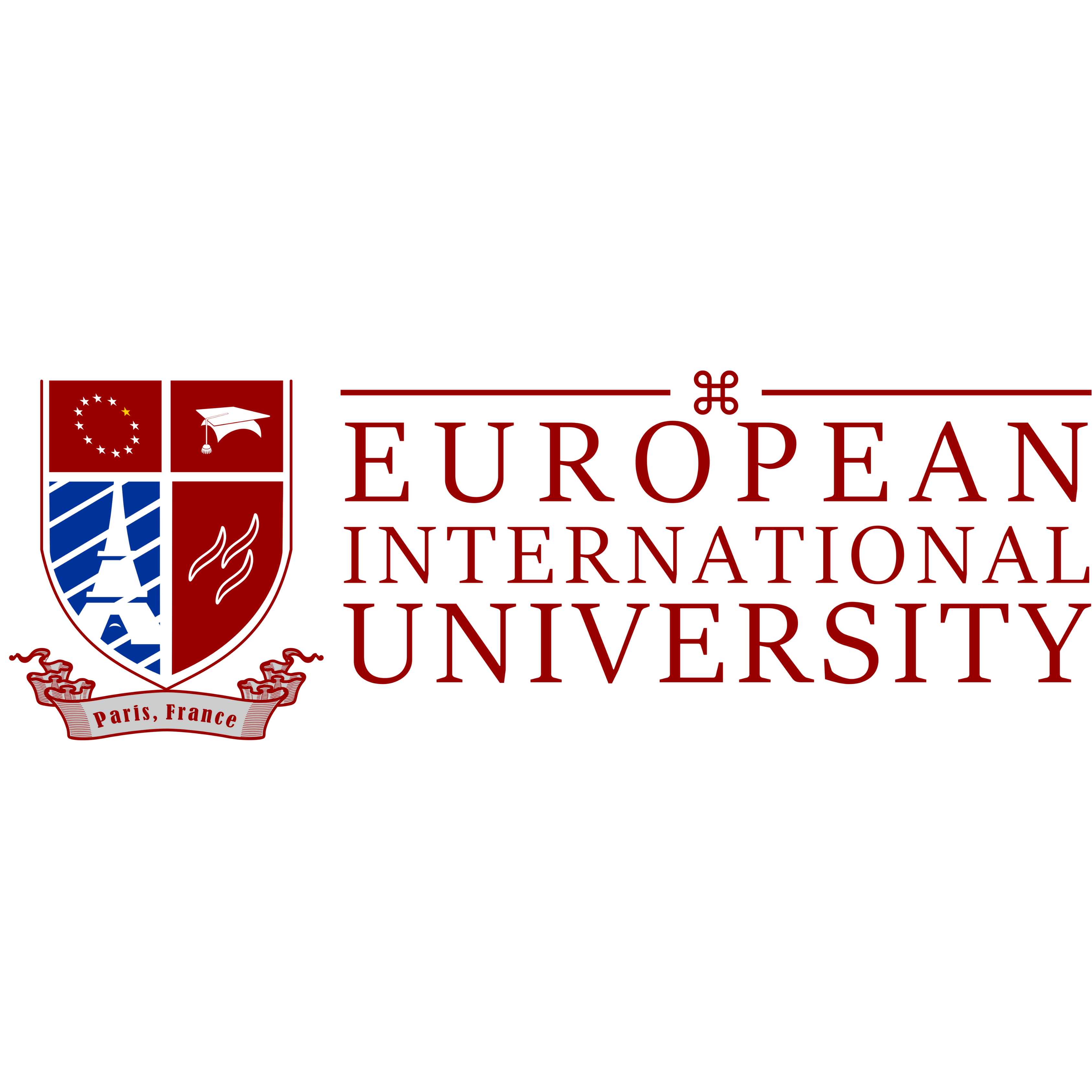
The Doctorate in Business Administration (DBA) is an advanced, research-driven program tailored for seasoned professionals, senior executives, entrepreneurs, and consultants who aim to deepen their expertise in business strategy and leadership. Unlike traditional PhD programs that focus on theoretical research, the DBA emphasizes practical application, enabling candidates to address complex, real-world business challenges through rigorous research and analysis.
This program blends academic rigor with professional relevance, covering areas such as strategic management, organizational leadership, innovation, corporate governance, and global business trends. Candidates undertake independent research under expert supervision, culminating in a dissertation that delivers actionable insights and contributes to both theory and practice.
Throughout the DBA journey, professionals refine their critical thinking, enhance decision-making skills, and build a strong foundation in research methodologies. They also gain exposure to the latest business practices and thought leadership, empowering them to drive change and innovation within their organizations or industries.
The DBA is ideal for individuals seeking to transition into academic roles, influence policy, or enhance their leadership impact in the corporate world. It also provides a prestigious credential that positions graduates as thought leaders and trusted advisors in their respective fields.
Whether aiming to solve strategic challenges, lead transformational projects, or mentor the next generation of leaders, the Doctorate in Business Administration offers the tools, insights, and credibility to make a lasting impact on the global business landscape.